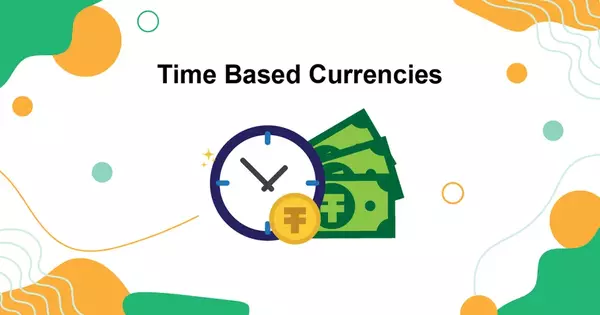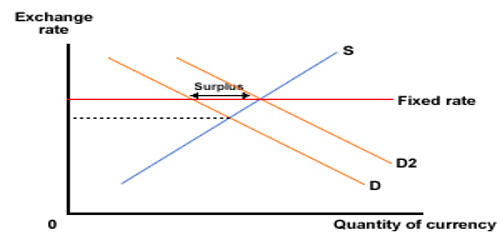Time-based currency is a type of alternative currency that is based on the amount of time that an individual contributes to a community or organization. In a time-based currency system, individuals earn credits or hours for their volunteer work or services provided, which can then be exchanged for goods, services or other forms of assistance provided by other members of the community.
The idea behind the time-based currency is to promote the exchange of skills and resources within a community, without the need for traditional forms of money. It allows people to share their skills and services, while also receiving assistance from others in the community, all without the need for cash.
A time-based currency is an alternative currency or exchange system in economics in which the unit of account is the person-hour or some other time unit. Some time-based currencies give equal weight to everyone’s contributions: one hour equals one service credit. In these systems, one person volunteers to work for another person for an hour; as a result, they are credited with one hour, which they can redeem for another volunteer’s hour of service. Others use time units that are fractions of an hour (for example, minutes, ten minutes – six units per hour, or fifteen minutes – four units per hour).
While most time-based exchange systems involve the provision of services that can be measured in a time unit, it is also possible to exchange goods by ‘pricing’ them in terms of the average national hourly wage rate (e.g., if the average national hourly wage rate is $20/hour, then a commodity valued at $20 in the national currency would be equivalent to 1 hour).
Some examples of time-based currency systems include Timebanks, which are community-based systems that allow members to exchange services, and Local Exchange Trading Systems (LETS), which are organized networks that facilitate the exchange of goods and services between members.
Overall, time-based currency can help to build stronger communities and promote the sharing of resources and skills, while also providing a way for individuals to earn and spend credits based on the amount of time they contribute to the community. It is an interesting concept that has the potential to promote community building and encourage the exchange of skills and resources. While it is not a replacement for traditional currency, it can provide an alternative means of exchange that is based on the value of time rather than money.
















